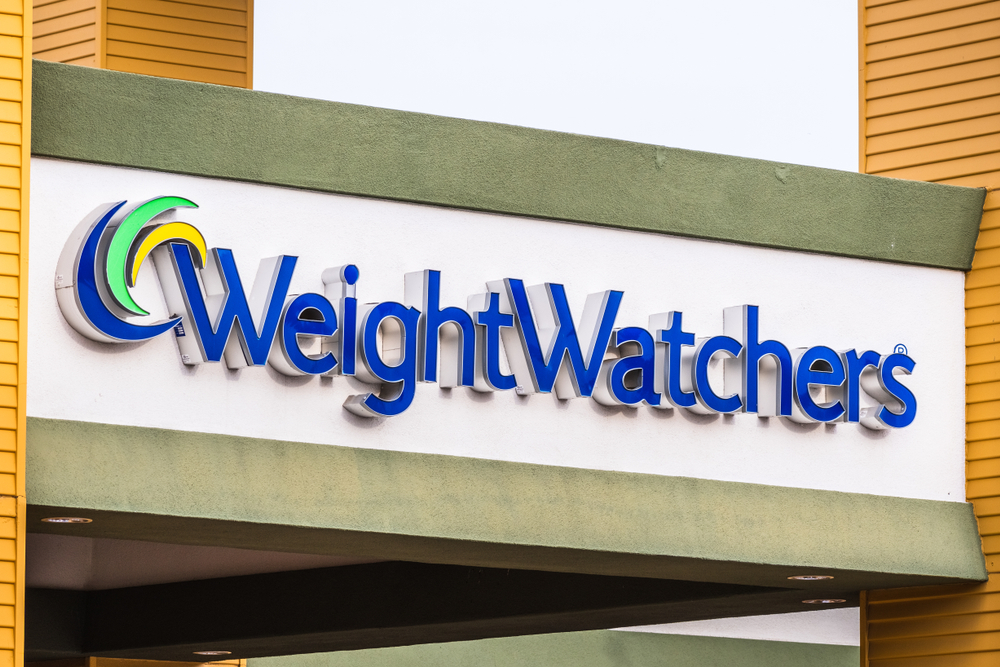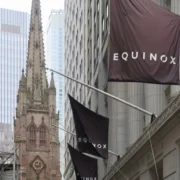Shrinking Waists, Sizable Earnings: Weight-Loss Drug Market Estimated at $100 Billion by 2030

With around two of every three adults in the U.S. classified as overweight or obese, the demand for weight-loss drugs shows no signs of slowing down
The weight-loss drug industry could be worth $100 billion by 2030 and possibly even $200 billion within the next decade, according to a research note issued by Barclays.
Emily Field, Barclays’ head of European pharmaceuticals equity research, told CNBC that based on investor feedback, Barclays’ previous valuation estimate may have been too conservative, citing obesity as the “story of this decade.”
“We think it can get to a $100 billion market,” predicts Field. “Maybe it could be even double that if this keeps going and we really see higher penetration.”
Last week, a surge in demand for weight-loss drug Wegovy led its manufacturer, Novo Nordisk, to announce plans to limit the supply of its starter doses so existing patients have continued access to the medication.
It’s a common story these days: As influencers and celebrities discuss their weight loss wins due to Ozempic (also manufactured by Novo Nordisk) consumers have rushed to get their hands on what has become the holy grail of weight loss and a non-surgical option, to boot.
The desire and market size for weight-loss solutions is there. With an estimated two out of every three adults in the United States classified as overweight or obese, the demand for weight-loss drugs remains high and shows no signs of slowing down.
Even WeightWatchers has gotten in on the action, pivoting from meetings and point systems to acquiring Sequence, a telehealth provider that provides members with access to diabetes and weight loss drugs.
Shares of WeightWatchers surged in response, with one Goldman Sachs analyst significantly upgrading his rating on the WeightWatchers stock from $3.80 to $13.

Wegovy could score an even bigger win with heart health
All eyes are on the weight-loss drug manufacturers, particularly Wegovy.
Just last month, the drug company boosted its full-year operating profit and sales expectations due to the demand for its weight-loss solution. The company also reported a sales increase of 25% in the first three months of 2023 and an operating profit increase of 28%.
And there’s one clinical trial that could increase Wegovy’s value even further.
Novo Nordisk has taken part in a study to see if semaglutide can lower the risk of cardiovascular events in overweight or obese patients with prior cardiovascular disease.
According to the National Library of Medicine, the study is anticipated to be completed later this year.
Investors are keeping a close eye on the cardiovascular-related study, with Reuters reporting that Barclays analysts predict a positive outcome, which could further boost Wegovy.
Eli Lilly emerges as potential weight-loss winner
While Ozempic and Wegovy have become household names, a new competitor is entering the ring, dubbed by The Wall Street Journal as the “King Kong” of weight loss drugs.
Meet Mounjaro (the brand name for Tirzepatide), an injectable the FDA has approved for treating adults with type 2 diabetes. Eli Lilly, Mounjaro’s manufacturer, currently has a market value of over $300 billion.
Mounjaro has helped patients lose up to 16% of their body weight, according to Eli Lilly.
The weight-loss drug company says it will complete its U.S. submission for approval for adults who are obese or overweight with weight-related comorbidities in the coming weeks. The company anticipates regulatory action as early as later this year.
A non-surgical solution but not without risk
Consumers are intrigued with the idea of trying Ozempic and other weight-loss drugs, says Morning Consult, with roughly 3 in 10 U.S. adults interested. Nearly 40% of Americans have heard of Ozempic, Wegovy and Mounjaro, with high earners and current dieters among those with the highest level of brand awareness.
However, they’re also uncertain about the long-term impact of weight loss injections. There are also considerations to take into account, as the medications can have substantial GI side effects, including gallstones and gallbladder issues.
While short-term weight loss can positively impact overall health, most experts warn that consumers may regain lost weight if they don’t continue taking the medications and/or adopt an entirely new lifestyle.
Courtney Rehfeldt has worked in the broadcasting media industry since 2007 and has freelanced since 2012. Her work has been featured in Age of Awareness, Times Beacon Record, The New York Times, and she has an upcoming piece in Slate. She studied yoga & meditation under Beryl Bender Birch at The Hard & The Soft Yoga Institute. She enjoys hiking, being outdoors, and is an avid reader. Courtney has a BA in Media & Communications studies.



